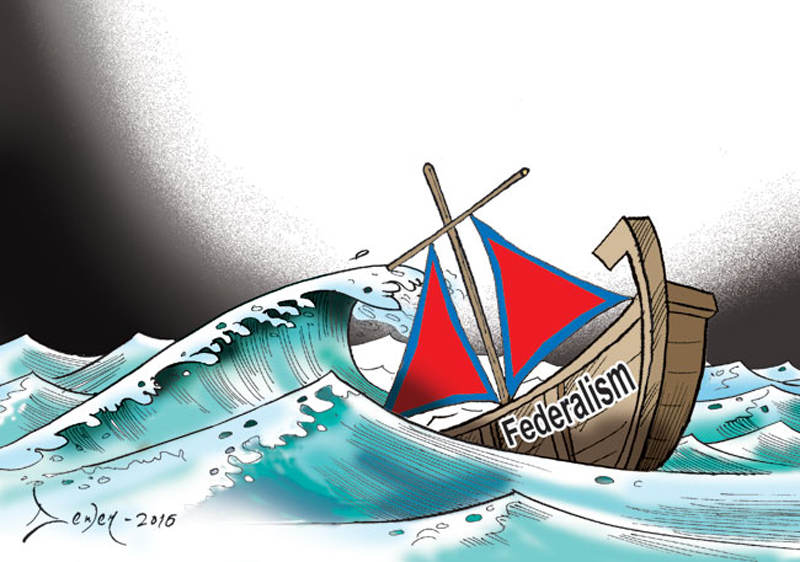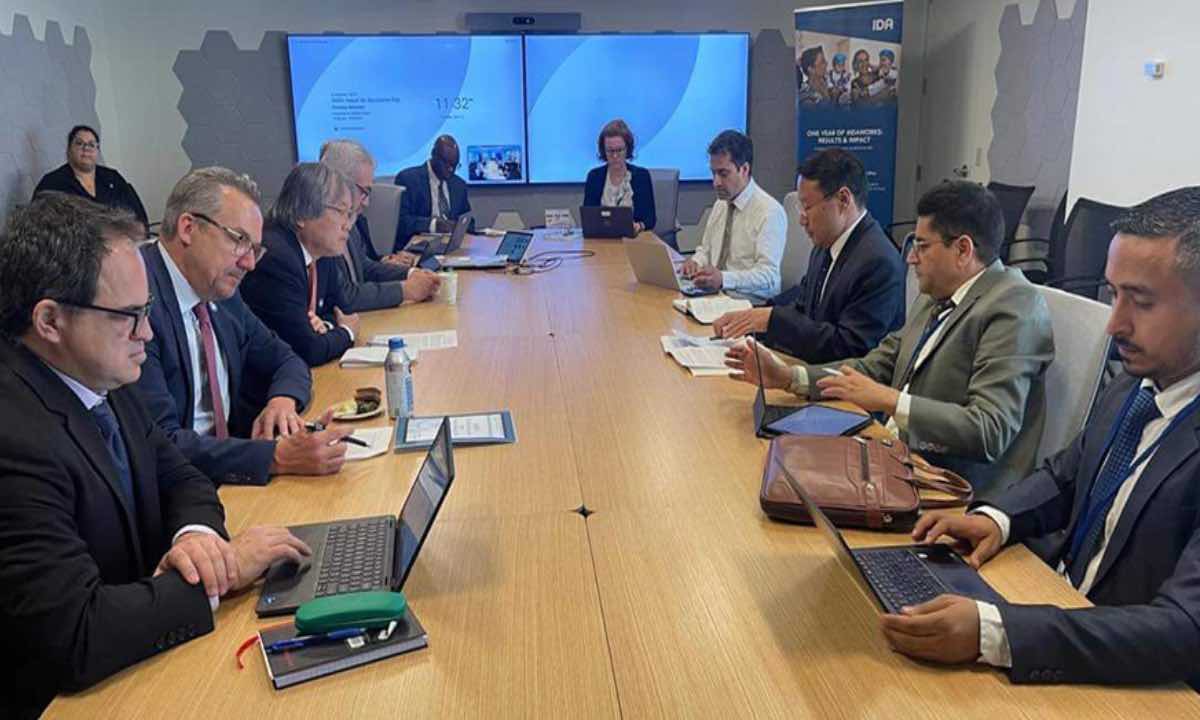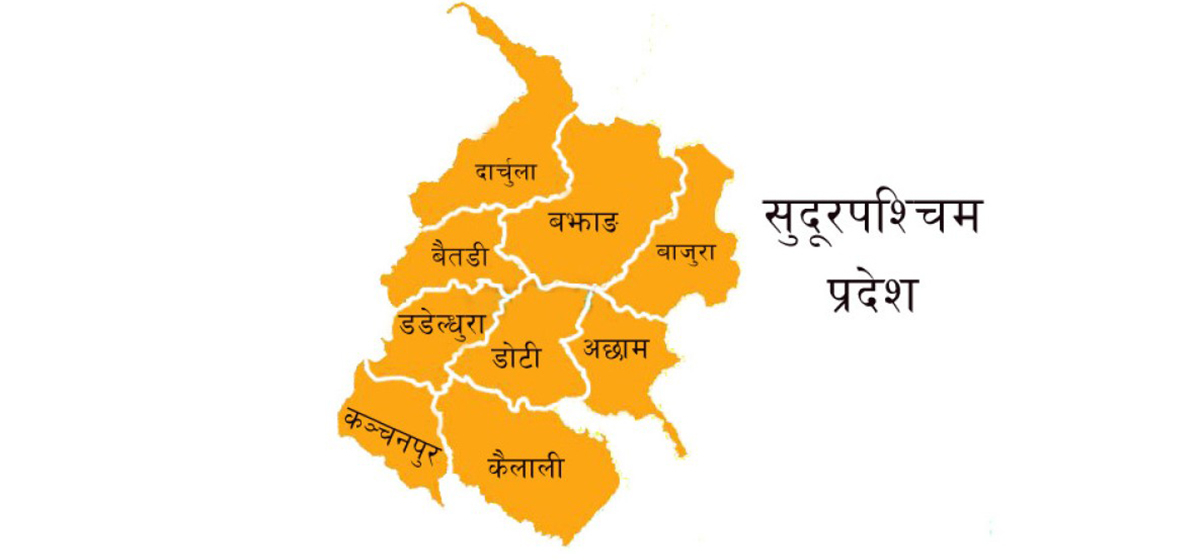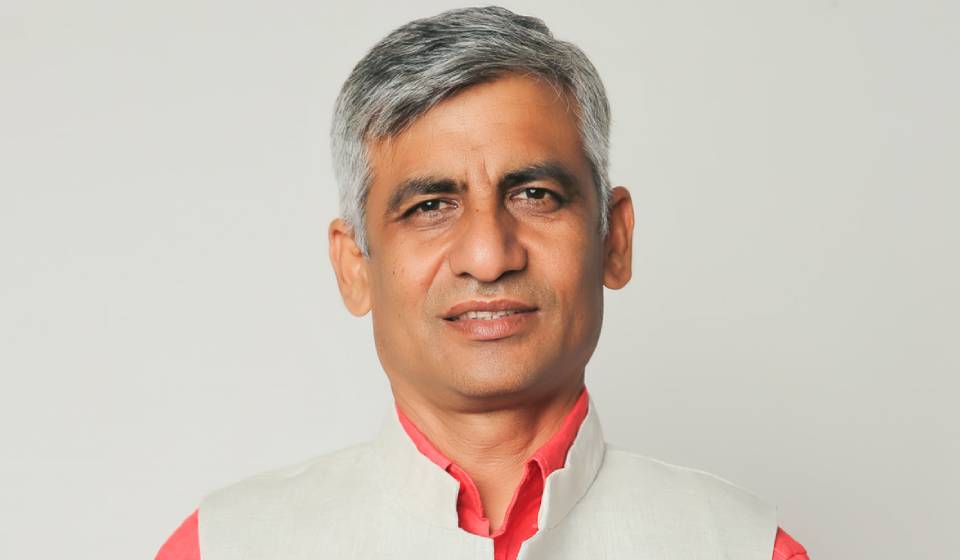
OR
Earth Day 2018
People around the world will come together this weekend to celebrate the planet and to take action to protect it.
When is Earth Day?
First celebrated in 1970, Earth Day takes place worldwide on April 22.
What is Earth Day and why do we celebrate it?
Various events are held annually on Earth Day across the globe to show support for protecting the environment.
U.S. Sen. Gaylord Nelson, a Wisconsin native, is largely credited for organizing the first Earth Day in spring 1970, a time when it was still legal for factories to spew noxious fumes into the air or dump toxic waste into nearby streams. That's because the U.S. Environmental Protection Agency didn't exist then, and there were no laws to protect the environment.
Nelson recruited Harvard University professor Denis Hayes to coordinate and promote Earth Day nationally. The event was a success.
Twenty million Americans took to the streets on April 22, 1970, demanding action on environmental pollution. That December, Congress authorized the establishment of a new federal agency, the EPA, to ensure environmental protection. The passage of theClean Air Act, Clean Water Act, Endangered Species Act and many other landmark environmental laws followed soon after, according to the EPA.

A plastic mountain waiting for recycling, in this undated photo, in Christchurch, New Zealand. (Colin Monteath/Gamma-Rapho via Getty Images)
Earth Day went global 20 years later, mobilizing 200 million people in dozens of countries and putting environmental issues on the world stage.
Now, more than 1 billion people in 192 countries are estimated to participate in Earth Day activities every year, according to Earth Day Network, a Washington, D.C.-based nonprofit that organizes the event worldwide.
What is the 2018 theme?
This year's Earth Day is dedicated to providing the information and inspiration needed to eventually end plastic pollution, according to Earth Day Network.
Many of us use or encounter plastic every single day, even if we don't realize it. There's single-use plastics, such as bags, bottles, plates, utensils and straws. But there are also plastics in our electronics, cars, clothes and paint.
So what happens to all this plastic? Some of it gets recycled. But a lot ends up in landfills or is simply littered as plastic pollution, which gets into our waterways.
Plastic is made to last forever -- it cannot biodegrade. Disposed plastic materials can remain in the environment for up to 2,000 years and longer, according to a 2009 article published in scientific journal Chemistry & Biology.
Earth Day Network has called the management of plastic waste a "global crisis."
"Plastic pollution is now an ever-present challenge. We can see plastics floating in our rivers, ocean and lagoons, littering our landscapes and affecting our health and the future of billions of children and youth. We have all contributed to this problem –- mostly unknowingly," Valeria Merino, vice president of Global Earth Day at Earth Day Network, said in a statement.
An estimated 275 million metric tons of plastic waste were generated in 192 coastal countries in 2010, with 4.8 to 12.7 million metric tons entering the ocean, according to findings in a 2015 study led by Jenna Jambeck, an environmental engineer at the University of Georgia.
Recent research commissioned by Orb Media, a nonprofit journalism organization based in Washington, D.C., found that 94 percent of drinking water in the United States and 93 percent of bottled water sampled from nine countries are spiked with chemically-laced plastic particles, many of which have been linked to major diseases.
In recent years, many countries have taken steps to ban bisphenol A (BPA), phthalates and other chemicals from plastics in some products.
"There is a growing tidal wave of interest in ending plastic pollution and some countries and governments are already in the vanguard. Earth Day Network believes we can turn that tidal wave into a permanent solution to plastics pollution," Earth Day Network president Kathleen Rogers said in a statement.
This year, Earth Day Network will mobilize its global network of non-governmental organizations and grassroots groups, as well as local elected officials, faith leaders, artists, athletes, students and teachers "to build a world of educated consumers, voters and activists of all ages who understand the environmental, climate and health consequences of using plastic," according to Rogers.
You May Like This

World Cup 2018: Everything you need to know in seven charts
Is Germany really that good at penalties? How important is home advantage? And which Mexican defender has the same World... Read More...

Saving lives; Things you need to know before you donate blood
Blood donations campaigns are always taking place around the city. And though many of us might want to step up... Read More...

When batteries explode: Here are five points you need to know
Samsung has told customers worldwide to stop using their Galaxy Note 7 smartphones after a spate of battery explosions threatens... Read More...






Just In
- Altitude sickness deaths increasing in Mustang
- Weather forecast bulletin to cover predictions for a week
- Border checkpoints in Sudurpaschim Province to remain closed till Friday evening
- Gandaki Province Assembly session summoned
- CM Karki to Speaker: Resolution motion for vote of confidence unconstitutional
- EC reminds all for compliance with Election CoC
- 13 killed, several injured after strike at Al-Maghazi refugee camp in Gaza
- NA team leaves for Solukhumbu to launch Clean Mountain Campaign













Leave A Comment